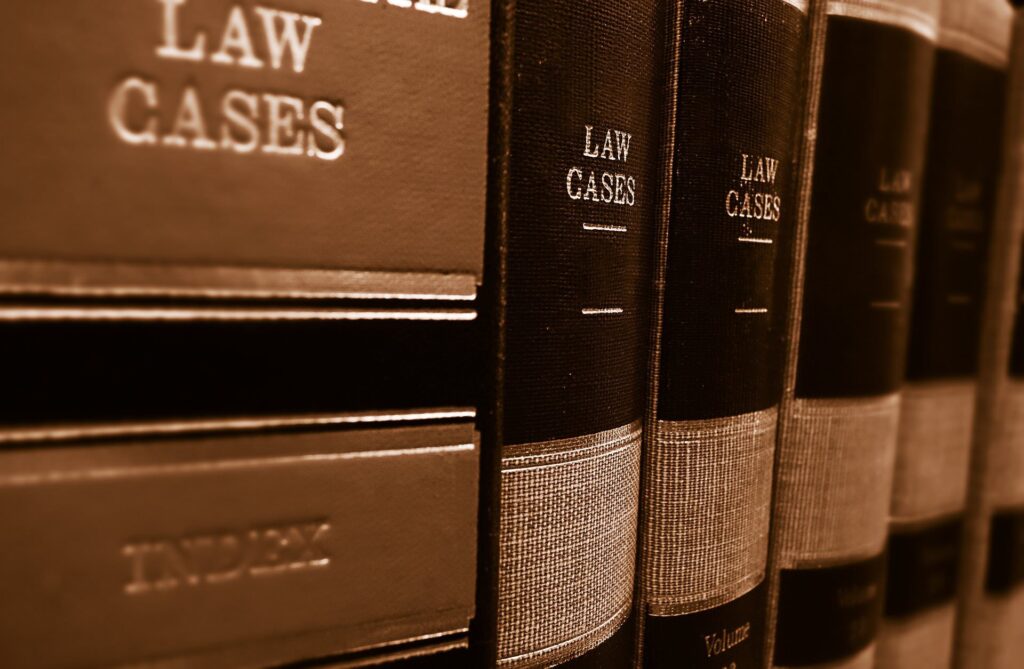According to Lloyd-Jones, the ever-widening variance between the laws of Cardiff Bay and Westminster mean that finding, and applying the law in Wales is becoming increasingly problematic.
Lloyd-Jones commented that amending legislation is causing even more of a problem; as both the UK Parliament and the Welsh Assembly can amend certain laws, the final result can be so complex that “it is barely intelligible to trained lawyers, let alone to laymen and women.”
So what does he suggest as a solution? Put simply, either consolidation or codification.
Consolidation would mean merging English and Welsh laws of the same subject so that lawyers and judges can rely on one unified body. As Lloyd-Jones himself alluded to, this wouldn’t happen overnight and “would be likely to take a generation to accomplish”.
Codification would mean an up-to-date collection of all relevant laws relating to a particular subject. This second, and more radical option would be similar to what is seen in the United States where all legislation on a particular topic is found (and can be amended) in one place.
Supporters of a separate legal jurisdiction will welcome the Judge’s comments. Devolution in Wales, to many, remains somewhat of a compromise, particularly in comparison to the powers granted to Edinburgh.
Others would see the comments as unhelpful – setting up a separate legislature at Cardiff Bay would attract unnecessary cost, resource, and time. They would point to Brexit to show how complex the separation of law can be.
With the recent news from the First Minister that a Commission has been set up to review the legal jurisdiction in Wales, it’s now a waiting game to see whether proposals such as those of Lloyd-Jones are implemented. Last month, the Commission issued a call for evidence, inviting written submissions from all interested parties to review the operation of the justice system in Wales, and set a long-term vision for its future – we await its findings.



